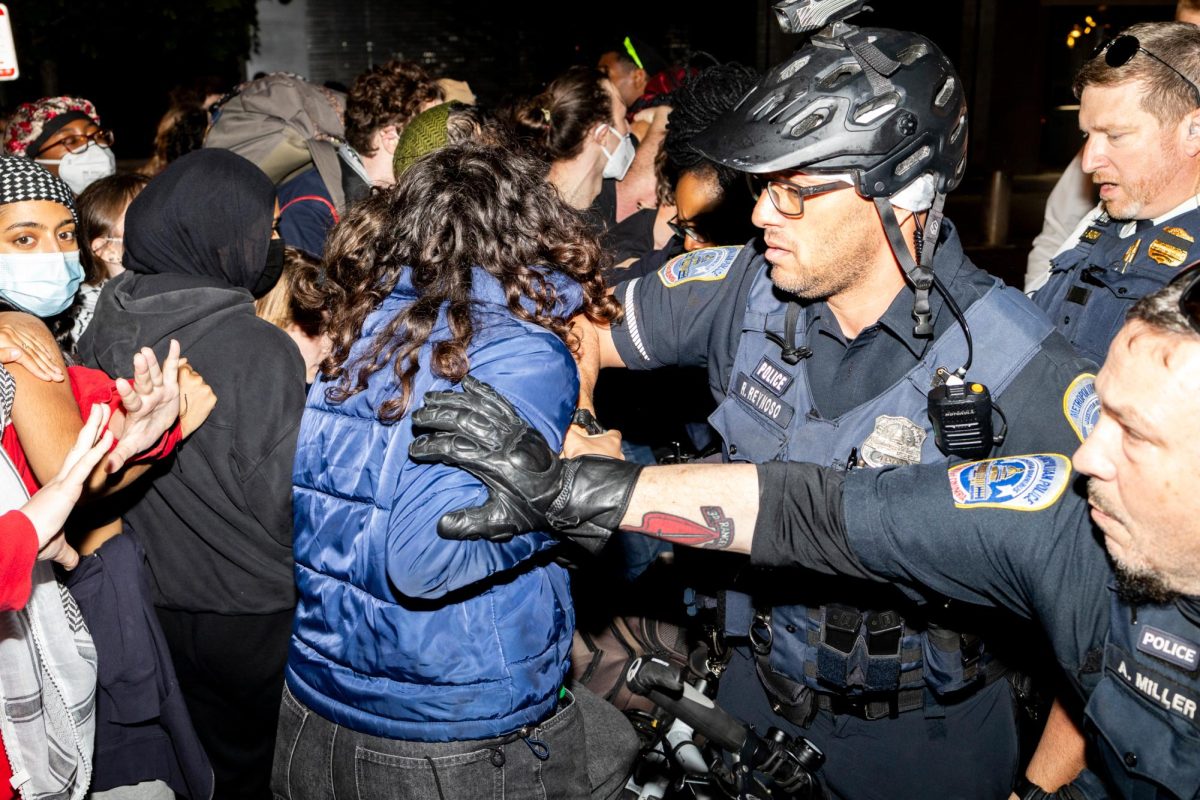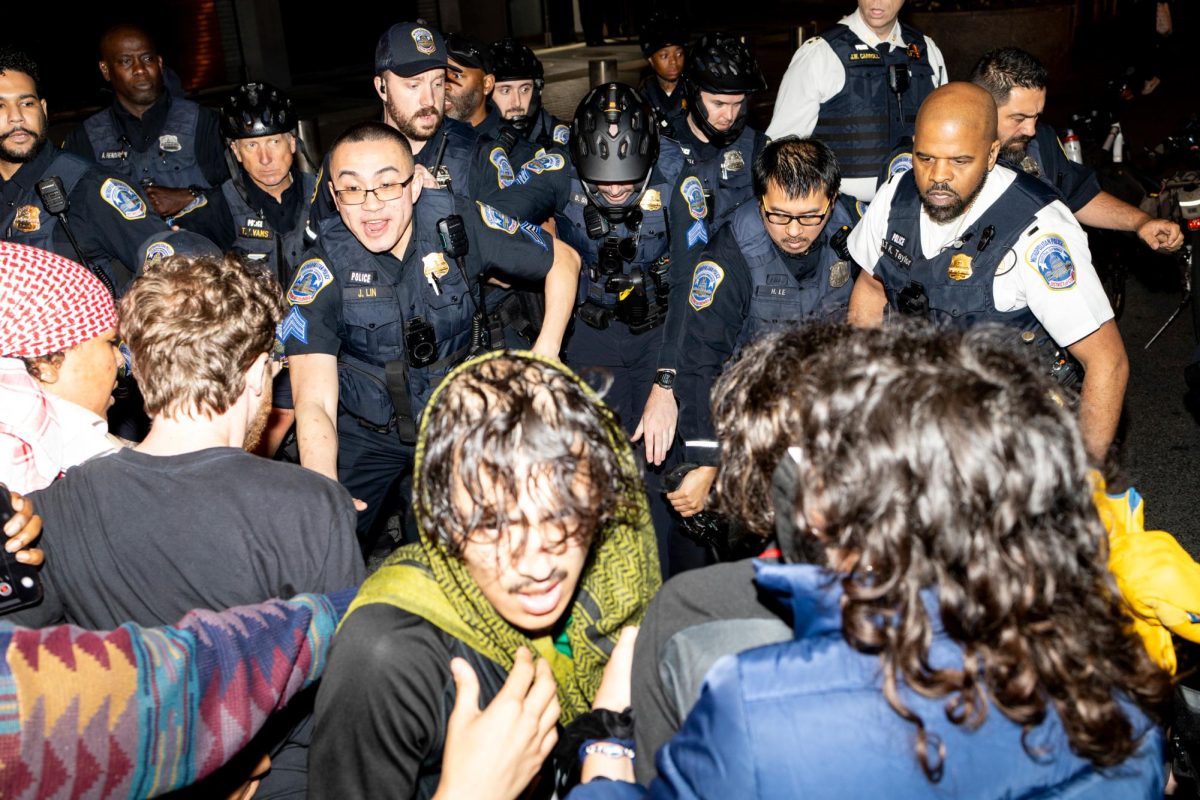Federal legislation passed earlier this month may force D.C. taxis to switch from the current zone system to a metered cab system like New York City’s.
On Oct. 17, President George W. Bush signed the D.C. Omnibus Authorization Act, which included an amendment that requires all taxis licensed in the District to charge fares by a metered system within one calendar year. The amendment, introduced by Sen. Carl Levin (D-Mich.), includes a provision allowing the D.C. mayor to opt out of the requirement for the metered system by executive order.
Delegate Eleanor Holmes Norton, D.C.’s non-voting representative to the House of Representatives, said D.C. had already been exploring the possibility of changing to a metered system through the D.C. Taxicab Commission. The commission is expected to release their findings this year.
Adrian Fenty, the Democratic nominee and winner of Tuesday’s general election for D.C. mayor, said he would support either taxi system.
“I am committed to making sure that the taxicab system is fair and consumer-friendly, whether fares are based on the zone system or metered rates,” he said in a written statement.
Caustin Toney, commissioner of the D.C. Taxicab Commission, was unavailable for comment.
D.C. At-large Councilmember Carol Schwartz is eagerly awaiting the taxi study’s results to decide whether to favor a metered system, said Adam Maier, a spokesman for Schwartz. He said the federal government was overstepping its boundaries in allowing the amendment to go through with the legislation.
“Our feeling is that those are local issues and not federal issues, and the local bodies should be the ones making decisions,” Maier said. He added that in no other city in the United States does Congress or the president decide the fate of taxicab fares.
D.C. taxicab driver Mainu Sekyere said he is indifferent to either fare system. A meter system in rush hour will be better for the drivers, said the 15-year veteran cabdriver, but he added that low-income passengers will suffer altogether from a switch in charging fares.
He said people in Northwest – the most affluent quadrant of the District – will benefit from a metered system because of Rock Creek Parkway and the quick, easy trip between two distant points in Northwest.
“It will be bad for people who live across the (Anacostia) River,” Sekyere said. “People living in Northeast and Southeast will not benefit from a meter.”
Several students interviewed said they were frustrated with the current zone system.
“I’m pretty sure I’ve been ripped off at least three times with the zone sysem,” sophomore Ben Stoler said.
There are a total of 21 zones in the city broken up into four general areas.
“I don’t know what I’m being charged for or what I’m looking at (maps of zones),” sophomore Joshua Huff said.
Stoler and Huff suggested the city develop a hybrid system: during rush hour implement a zoned system, with a metered system being used during off-peak hours.







